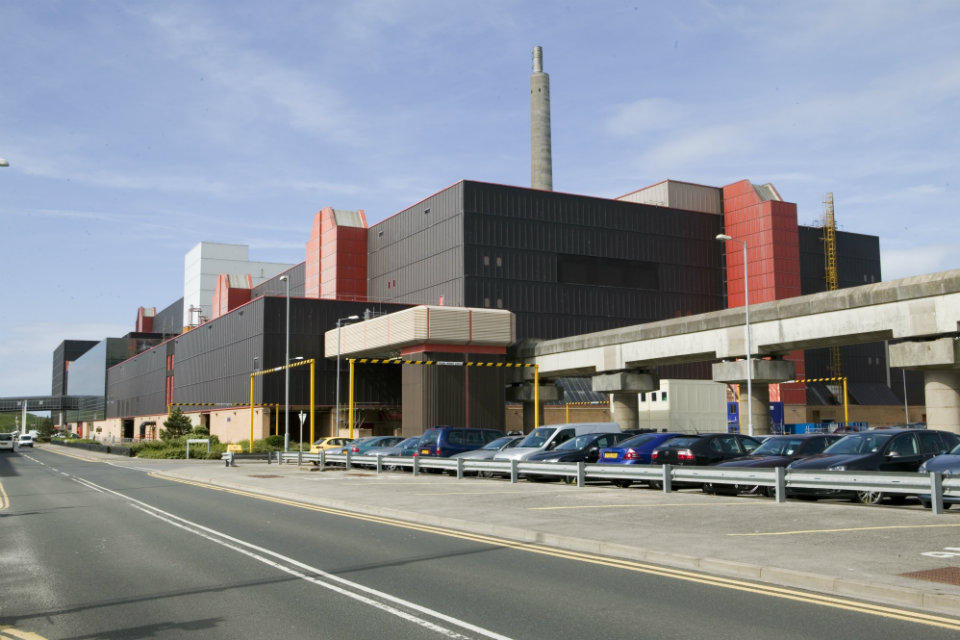Press release: Secretary of State welcomes Independent Reporting Commission report on tackling paramilitary activity
Welcoming the report, Mrs Bradley said:
I want to record my sincere thanks to the Independent Reporting Commission for their first substantive report on tackling paramilitary activity. It is deeply regrettable that in 2018, tackling paramilitary activity still remains a critical issue for Northern Ireland, not least at this current political impasse.
This is a significant report which benchmarks the progress which has been achieved to date but reminds us of the continued and challenging work still to be done to ensure that communities are free from the threat of paramilitarism. The IRC has acknowledged the good work carried out to date, but they too have pointed to the challenges of dealing with this issue in the absence of a functioning Executive. That is why I remain resolute in finding a way forward to get devolved government up and running again as quickly as possible in order to that the Commission will see further progress in the coming year.
Paramilitarism is a scourge on our society. It was never justified in the past, it cannot be justified today and these groups should have no place in our society. We must all continue to work together to keep communities safe and free from these totally unacceptable attacks.
